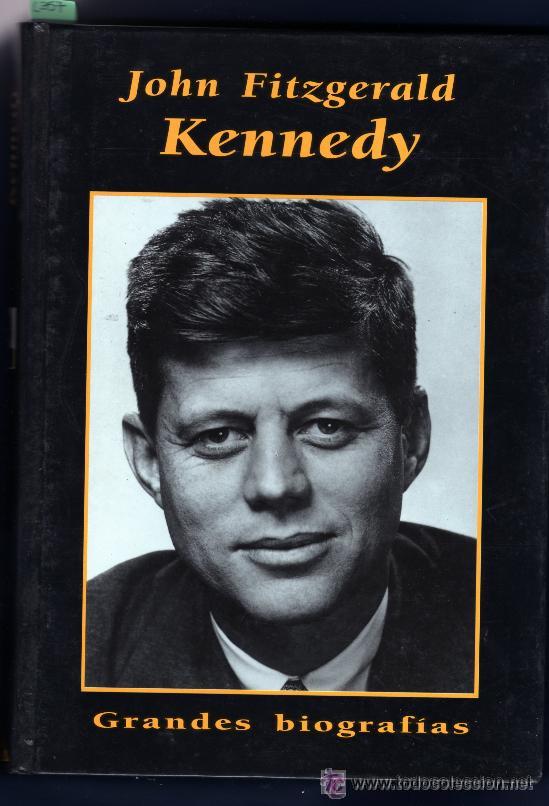

Inaugural Addresses were written to be read as much as heard.

Presidential Inaugural Addresses” (Penguin $16), edited, with an introduction and commentaries, by Robert V. Since 1893, a complete set of texts has been reissued every few decades or so, including, this past year, in “Fellow Citizens: The Penguin Book of U.S. The inaugurals weren’t regularly compiled and printed as a set until 1840, in “The True American,” and, six years later, in “The Statesman’s Manual,” but by 1880 no edition remained in print, and Garfield’s men had to cobble them together all over again. Garfield’s staff had to hunt down every inaugural, and any copying they did they did by hand. Sorensen, who mimeographed, had merely to walk over to the Library of Congress. Obama might not be allowed to e-mail, but he can still Google. When Garfield was elected, there were fewer inaugurals to plow through, but they were harder to come by. The American dream does not come to those who fall asleep. Mencken admitted): “I speak for administrative efficiency, for lightened tax burdens, for sound commercial practices, for adequate credit facilities, for sympathetic concern for all agricultural problems, for the omission of unnecessary interference of . . .” I ellipse, lest I nod off. Harding (“It is so bad that a sort of grandeur creeps into it,” H. For meaninglessness, my money’s on Jimmy Carter: “It is that unique self-definition which has given us an exceptional appeal, but it also imposes on us a special obligation to take on those moral duties which, when assumed, seem invariably to be in our own best interests.” But, for monotony, it’s difficult to outdrone Warren G. Grant groused, “I have been the subject of abuse and slander scarcely ever equaled in political history.” Dwight D. In 1857, James Buchanan berated abolitionists for making such a fuss about slavery: “Most happy will it be for the country when the public mind shall be diverted from this question to others of more pressing and practical importance.” Ulysses S. A bad Inaugural Address doesn’t always augur a bad Presidency. “The platitude quotient tends to be high, the rhetoric stately and self-serving, the ritual obsessive, and the surprises few,” Arthur Schlesinger, Jr., observed in 1965, and that’s still true. “Only the short ones are remembered,” Richard Nixon concluded, after reading all the inaugurals, an opinion that led him to say things briefly but didn’t save him from saying them badly: “The American dream does not come to those who fall asleep.” Even when Presidential inaugurals make more sense than that, they are not, on the whole, gripping. Kennedy urged Ted Sorensen, who, on finishing his own reading, reported, “Lincoln never used a two- or three-syllable word where a one-syllable word would do.” Sorensen and Kennedy applied that rule to the writing of Kennedy’s inaugural, not just the “Ask not” but also the “call to”: “Now the trumpet summons us again-not as a call to bear arms, though arms we need not as a call to battle, though embattled we are-but a call to bear the burden of a long twilight struggle.”Įconomy isn’t everything. “Make it the shortest since T.R.,” John F. The longest are, unsurprisingly, the most vacuous it usually takes a while to say so prodigiously little. “I have half a mind to make none.” Lincoln’s are surpassingly fine most of the rest are utterly unlovely. “Those of the past except Lincoln’s, are dreary reading,” Garfield confided to his diary. After Garfield was elected, in 1880, he, like most of our more bookish Chief Executives, or at least their speechwriters, undertook to read the Inaugural Addresses of every President who preceded him. Reading Lincoln left James Garfield nearly speechless. Presidential eloquence doesn’t get much better than the argument of Lincoln’s first inaugural, “Plainly the central idea of secession is the essence of anarchy” the poetry of his second, “Fondly do we hope, fervently do we pray, that this mighty scourge of war may speedily pass away” and its parting grace, “With malice toward none, with charity for all, with firmness in the right as God gives us to see the right, let us strive on to finish the work we are in.” Barack Obama has been studying up, reading Abraham Lincoln’s speeches, raising everyone’s expectations for what just might be the most eagerly awaited Inaugural Address ever.


 0 kommentar(er)
0 kommentar(er)
